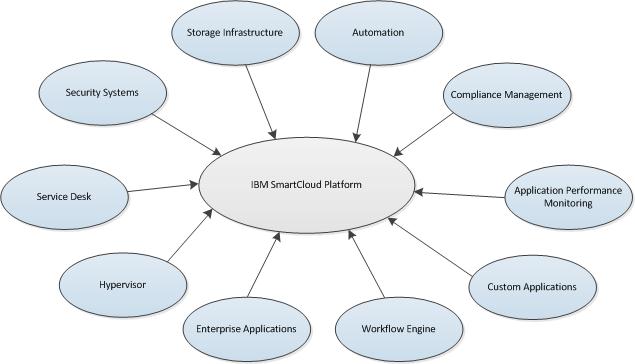I was sitting in a plane recently, pulling out my iPad to enjoy one of my colleague's excellent publications. After clicking the Dropbox icon, I noticed that I forgot to bookmark the actual document, so it did not replicate to the iPad. This rather annoying experience made me think about how far we have come regarding replicated and shared storage. It made me also think about where we may go from here.
First there was the file share
In the beginning there was the simple network file share. We connected to our network drives via VPN and it was generally good. But then, we started producing terabytes of data and it was "very hard to find the latest version of that proposal" or the "correctly customized version of the presentation." You know what I'm talking about, and from a data center point of view this also soon turned into a nightmare, as more and more expensive tier 1 storage was consumed by "bloodsucking" file shares. Obviously, file shares do not support essential features, such as versioning, search, sharing, synchronization with mobile devices, browser-based access, and the list goes on.
Then there was FileNet, Documentum and finally … Microsoft SharePoint
In response to these shortcomings, true enterprise content management (ECM) systems were adopted, mostly by larger organizations. These systems often turned into gigantic behemoths that would disrupt business processes and slow down operations in ever new ways. As there was no real alternative, ECM was seen as a "necessary evil", instead of the "promised land". This is one of the great examples where a solution sounds so much better on paper than it actually works in real life. I mean, who wouldn't want full text search, unlimited versioning, access from anywhere, or easy client collaboration?
After the first wave of ECM, Microsoft came along with its SharePoint product, making document management more accessible for everyone. SharePoint has been tremendously successful from version 2007 and adopted by almost every government agency, business, and non-profit organization. So everything was great and we were living happily ever after.
But something still wasn't quite right…
Using SharePoint is not all that simple for end users, so they started adopting cloud storage services like Dropbox, and Box in droves, placing all kinds of personal and business documents into one unsecure location. It is just too tempting to place a document into a folder on my Mac or PC that is directly replicated to my iPad, iPhone and home machines. All of a sudden, the enterprise had lost control over its documents. A lost and unmanaged tablet or cellphone could expose confidential files, without the company even knowing about the threat.
The new wave: HyperDrive, OwnCloud, etc.
To eliminate the security threat that comes with replicated personal drives, the enterprise has to take charge of managing these drives. We are currently at the early beginning of the age of a new generation of enterprise-grade file synchronization and sharing solutions, such as RES Software's HyperDrive, ownCloud Enterprise Edition, Egnyte, and Oxygen Cloud. I have covered HyperDrive in a recent EMA Impact Brief, which is why I would like to talk briefly about ownCloud Enterprise Edition, which was launched on April 3, 2012. ownCloud Enterprise Edition is based on the ownCloud.org open source project, with currently over 400,000 users and almost 50 active contributors. The idea behind ownCloud is to address the issue of employees using non-enterprise grade solutions, such as Dropbox, by offering Dropbox-quality tablet and mobile phone apps. ownCloud allows the enterprise to roll almost any type of internal and cloud storage, including Amazon AWS and Dropbox, into an ownCloud drive that can be accessed from any device. At the same time, the administrator controls all user accounts, ensuring compliance and data protection. ownCloud Enterprise adds 12 x 7 support and an advanced management console to the open source version, making ownCloud a viable enterprise solution.
What the future holds
Working on tablets, cellphones, and ultraportable laptops has become a way-of-life, and will spread from early adopters to the entire enterprise. To ensure governance, IT must offer users a way to securely access and share files, personal and business related, from any device. Companies like RESSoftware, and ownCloud are at the leading edge of this development. The more traditional software vendors will join the party soon.
Conclusion of the plane story
So the reason why I couldn't access the white paper on the plane wasn't really the fault of Dropbox, but more related to the limitations of the iPad's file system. However, we have certainly come a long way from needing a VPN connection to access files on a shared drive. All I would really have had to do was press the "favorites" button while I was still online. Obviously, I could have easily synched all the confidential documents on my work computer the same way. All it takes is me forgetting or leaving my iPad with the flight magazine and security flier in the seat pocket, and the lucky finder will not only enjoy playing Angry Birds on the big screen, but can also read and disseminate my most intimate company secrets...





